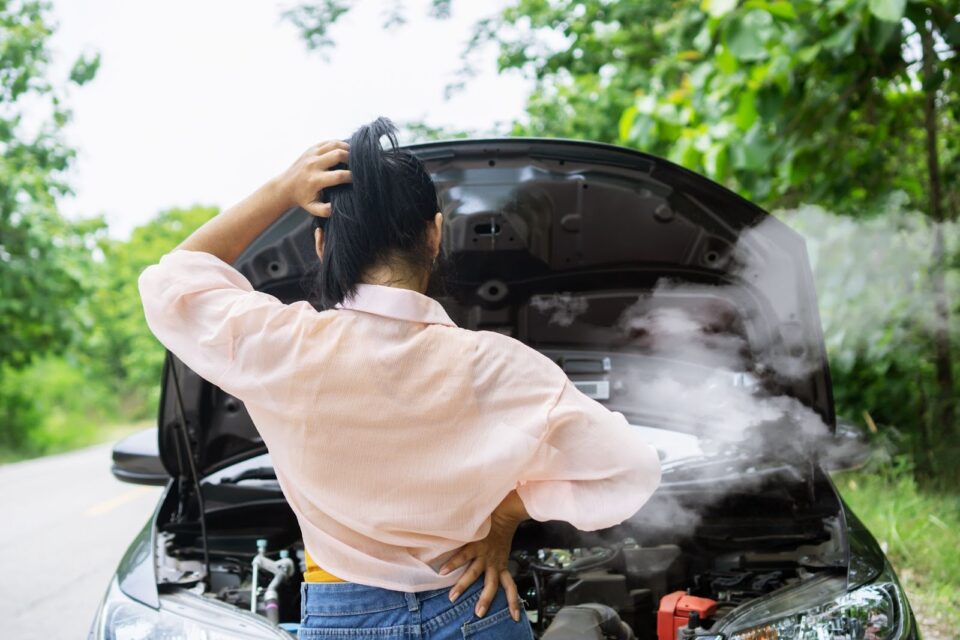Every car owner has faced the undeniable truth that an engine is the heart of their vehicle. Regular maintenance is essential to ensure it runs smoothly, but even the best-maintained engine can develop problems over time. Understanding the top car engine problems and how to fix them can save you from costly repairs while keeping your vehicle in optimal condition.
Key Takeaways
- Regular engine maintenance is key to preventing common engine problems.
- Understanding symptoms can help you diagnose issues early.
- Many engine repairs can be handled with DIY solutions.
- Proactive troubleshooting can extend your engine’s lifespan.
- Knowing when to seek professional help is crucial for safety.
Common Engine Problems and Their Symptoms
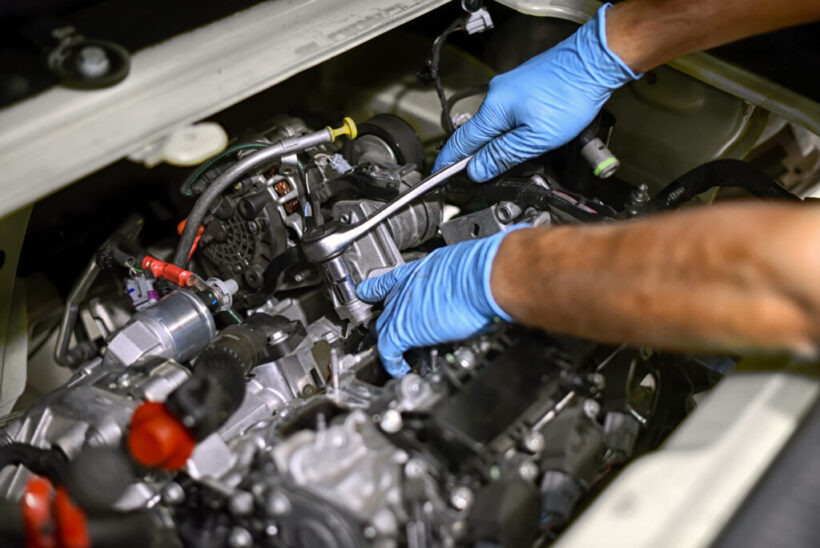
Understanding engine problems is crucial for maintaining your vehicle’s performance. Recognizing symptoms allows for effective engine problem diagnosis, which often leads to prompt car engine repair solutions. Here are some common issues you might encounter and their associated symptoms.
Engine Won’t Start
If your engine won’t start, several factors could be at play. The most common culprits include:
- Dead battery ─ This is often the primary reason for a vehicle that won’t start.
- Faulty starter motor ─ A malfunctioning starter can hinder the engine’s ability to turn over.
- Fuel system issues ─ Problems with the fuel pump or fuel filter may prevent fuel from reaching the engine.
Engine Misfires or Runs Rough
An engine that misfires or runs roughly can indicate issues within the ignition or fuel systems. You may want to check:
- Spark plugs ─ Worn or fouled spark plugs can disrupt the ignition process.
- Fuel filters ─ A clogged fuel filter may restrict fuel flow to the engine.
Proper engine troubleshooting techniques will assist you in identifying these issues quickly.
Engine Overheats
Overheating is a serious engine problem that requires immediate attention. Potential causes include:
- Low coolant levels ─ Insufficient coolant can lead to engine overheating.
- Malfunctioning thermostat ─ A thermostat that fails to open can block coolant flow, causing heat buildup.
Monitoring your coolant levels regularly can help avoid this situation.
Engine Makes Unusual Noises
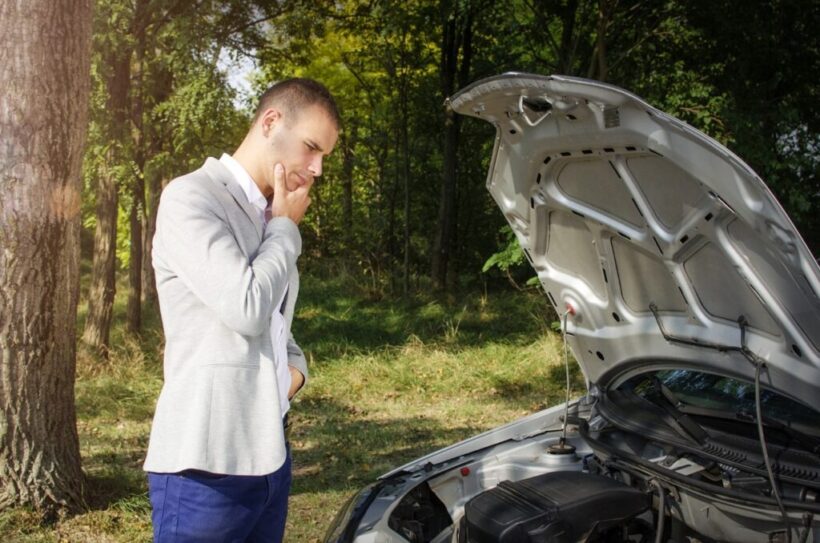
Unusual noises from your engine can signal various mechanical issues. Common sources of noise include:
- Worn belts ─ A squeaky belt could indicate wear and may require replacement.
- Failing bearings ─ Grinding or knocking noises may suggest bearing problems.
Early detection through proper engine problem diagnosis can prevent further damage and costly repairs.
| Engine Problem | Common Causes | Symptoms |
| Engine Won’t Start | Dead battery, faulty starter, fuel system issues | No engine crank, dashboard warning lights |
| Engine Misfires | Worn spark plugs, clogged fuel filter | Rough idle, loss of power |
| Engine Overheats | Low coolant, bad thermostat | Steam from the hood, warning lights |
| Unusual Noises | Worn belts, failing bearings | Squeaking, grinding, knocking sounds |
Top Car Engine Problems and How to Fix Them – 2024 Guide
Understanding the essentials of engine maintenance contributes significantly to prolonging the life of your car. Knowledge of common car engine issues enables you to take proactive measures and avoid costly repairs. Diagnosing problems early often leads to easier fixes and better performance.
Diagnosing Common Engine Problems
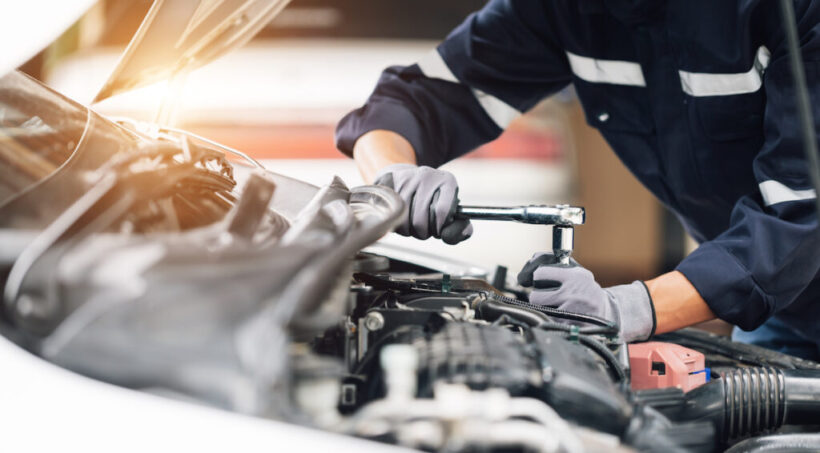
Regular inspections are critical in maintaining engine health. Listening for unusual noises while driving or idling can reveal underlying problems. Carry out checks for the following:
- Fluid levels (oil, coolant, brake fluid)
- Belts and hoses for signs of wear
- Battery connections and terminals
An effective engine diagnostic guide includes using diagnostic tools such as OBD-II scanners to read error codes and assess engine performance. This information assists in pinpointing issues directly related to sensor failures or emissions problems. For more detailed diagnostic information, you can read more.
Fixing Common Engine Issues
Some repairs can be managed independently with the right tools and knowledge. Here are effective engine maintenance tips to address common car engine issues:
- Replacing spark plugs ─ Remove the old plugs, inspect the gaps, and replace them with new ones, ensuring proper torque.
- Changing oil ─ Regular oil changes improve engine performance. Drain the old oil, replace the filter, and refill with fresh oil.
- Inspecting the air filter ─ A clean air filter ensures optimal airflow and fuel efficiency. Replace it as needed.
These simple tasks empower you to handle minor problems before they escalate.
When to Seek Professional Help
Certain scenarios warrant professional assistance, particularly when faced with complex repairs that require specialized knowledge or tools. Signs that indicate the need for expert help include:
- Severe engine overheating
- Persistent check engine light despite DIY inspections
- Unusual engine vibrations or loss of power
Utilizing professional services enhances diagnostic accuracy, ensuring that your vehicle receives the proper repairs and maintenance it needs to perform at its best.
Conclusion
In summary, understanding the top car engine problems and how to fix them is essential for any car owner. Regular engine maintenance is critical to ensure your vehicle operates smoothly and efficiently. By recognizing symptoms such as engine overheating or misfires, you can effectively implement engine troubleshooting techniques that prevent minor issues from escalating into costly repairs.
FAQ
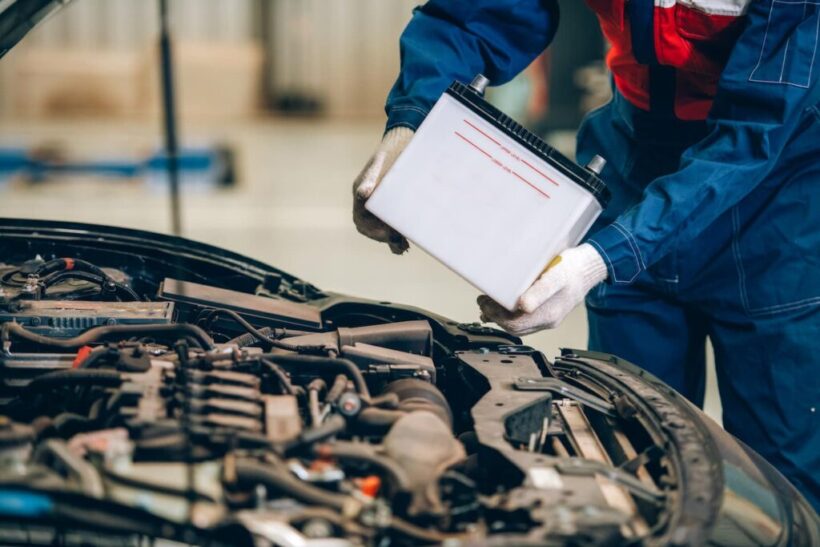
What should I do if my engine won’t start?
First, check the battery and make sure it’s charged. If the battery seems okay, inspect the starter motor and fuel system for issues. Sometimes, the problem could also be a blown fuse or a fault in the ignition system.
How can I tell if my engine is misfiring?
If your engine is running rough, you may notice a lack of acceleration or a shaky idle. Check the spark plugs and fuel filter, as problems in these areas are common causes of engine misfires.
What causes an engine to overheat?
Engine overheating often occurs due to low coolant levels or a malfunctioning thermostat. Regularly check your coolant levels and inspect your cooling system for leaks or blockages to prevent overheating.
What should I look for if my engine is making unusual noises?
Unusual noises could indicate problems with belts, bearings, or other internal components. Listen carefully for any grinding, squeaking, or knocking sounds, and inspect these areas promptly to prevent further damage.
How can I perform DIY engine repairs?
Start with basic maintenance tasks like changing your oil, replacing spark plugs, or checking fluid levels. Use manufacturer guidelines and follow the step-by-step strategies for common fixes before attempting more complex repairs.
When should I seek professional help for engine issues?
Consult a professional mechanic if you encounter complex issues that require specialized tools or expertise, such as internal engine repairs, or if simple troubleshooting does not resolve the problem.

